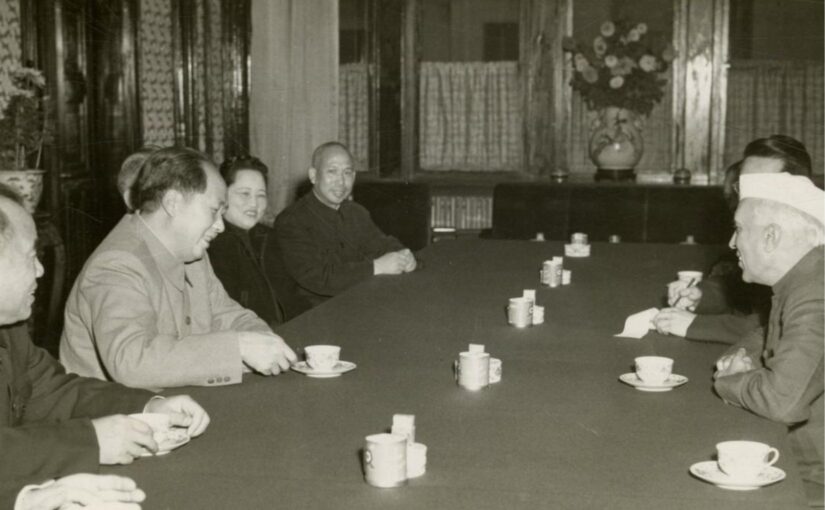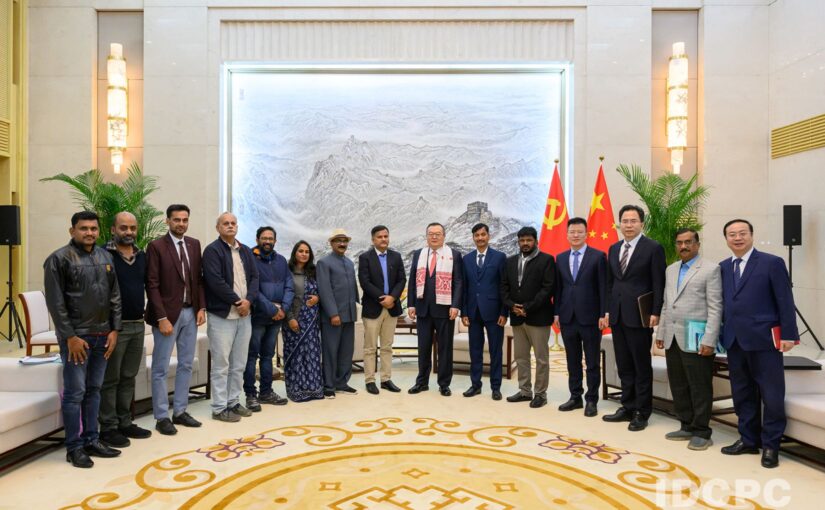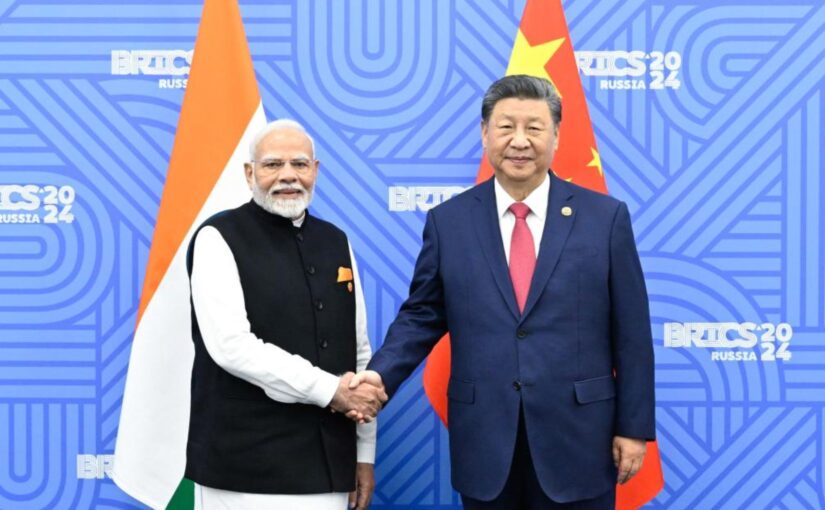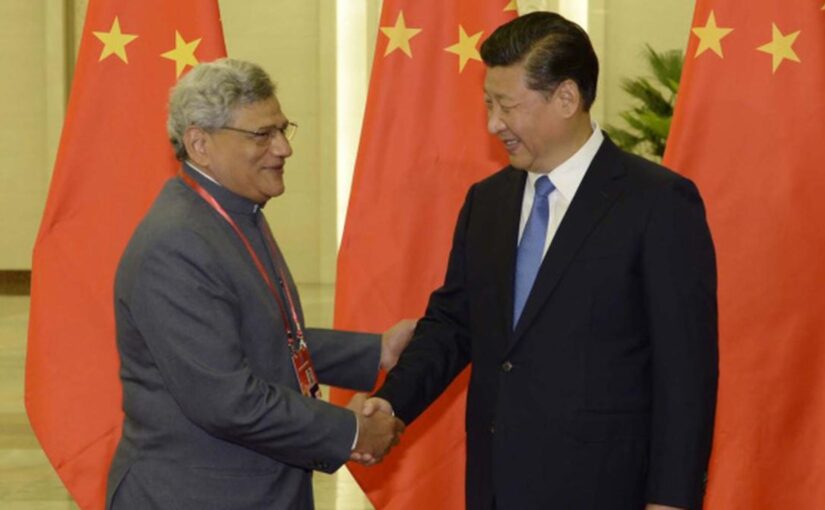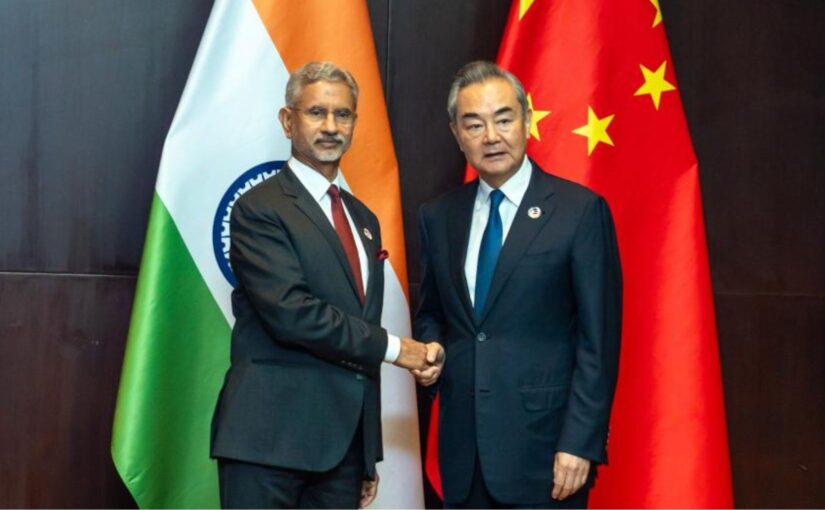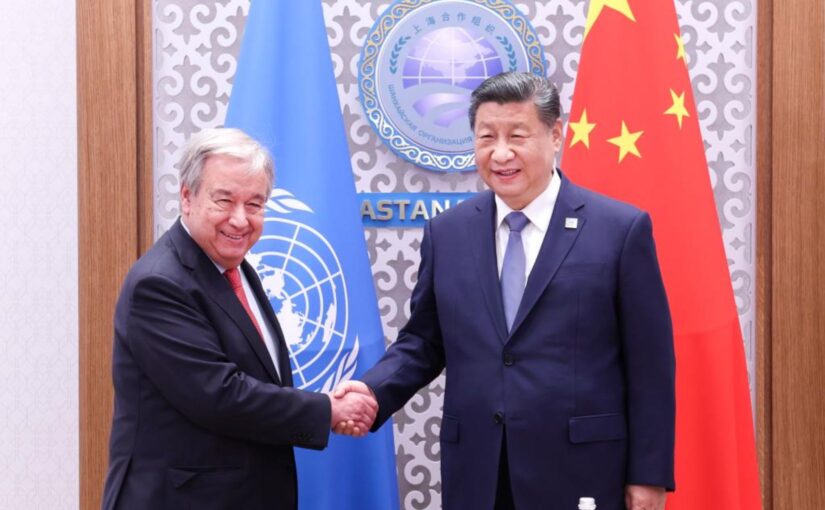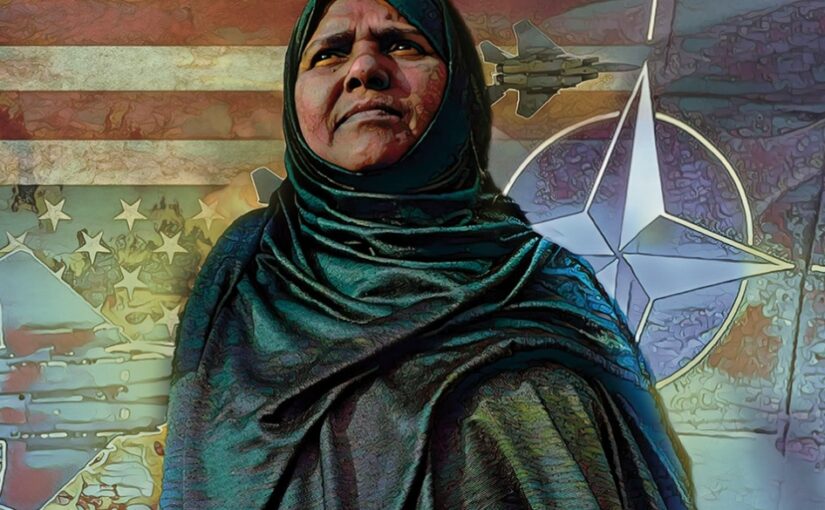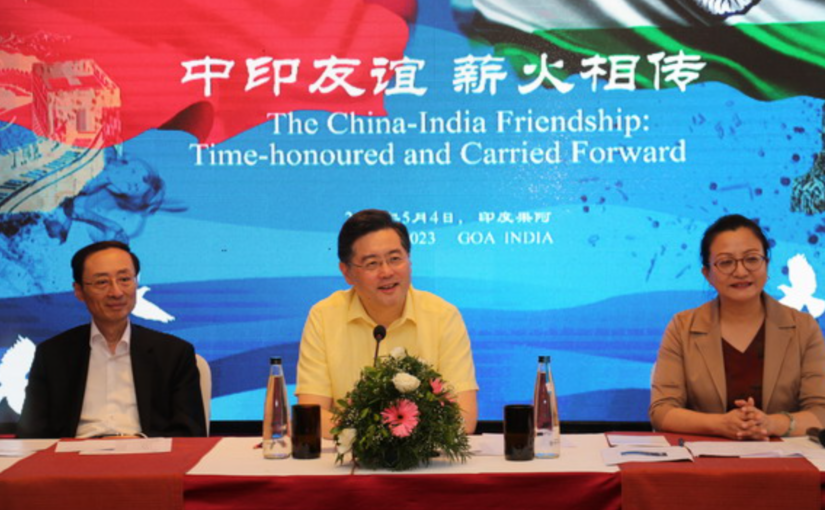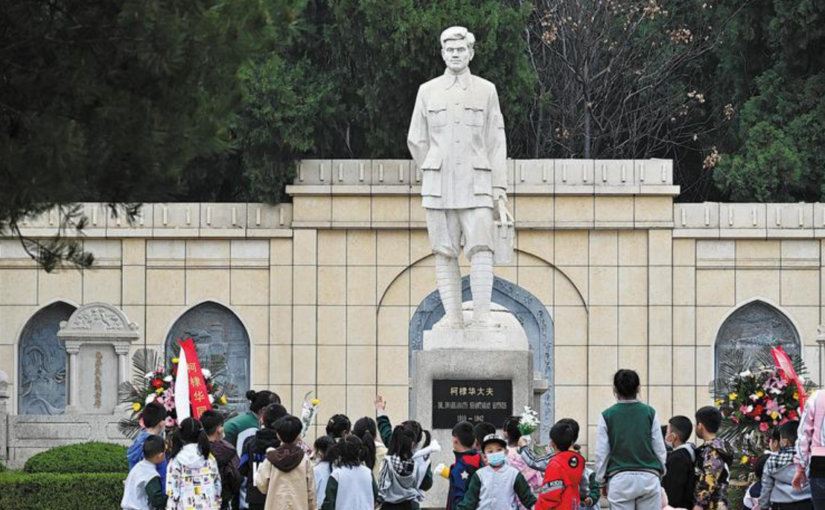China and India marked the 75th anniversary of their diplomatic relations on April 1, with President Xi Jinping exchanging congratulatory messages with Indian President Droupadi Murmu.
Xi Jinping noted that China and India, both ancient civilisations, major developing countries and important members of the Global South, are both at a critical stage of their respective modernisation efforts. The development of China-India relations demonstrates that it is the right choice for the two countries to be partners of mutual achievement and realise the “Dragon-Elephant Tango”, which fully serves the fundamental interests of both countries and their peoples. Both sides should view and handle China-India relations from a strategic height and long-term perspective, seek a way for neighbouring major countries to get along with each other, which features peaceful coexistence, mutual trust, mutual benefit and common development, and jointly promote a multipolar world and greater democracy in international relations.
Droupadi Murmu said that India and China are two neighbouring major countries that are home to one-third of the world’s population. A stable, predictable and friendly bilateral relationship will benefit both countries and the world. She proposed to take the 75th anniversary of the establishment of diplomatic relations between India and China as an opportunity to jointly promote the sound and steady development of India-China relations.
On the same day, Chinese Premier Li Qiang exchanged congratulatory messages with Indian Prime Minister Narendra Modi. Li Qiang said that China is ready to work with India to take the 75th anniversary of the establishment of diplomatic relations between the two countries as an opportunity to continuously enhance strategic mutual trust, promote exchanges and cooperation in various fields, properly handle the boundary question, steer bilateral relations forward along a sound and stable track, and bring more benefits to the two peoples.
Narendra Modi said that India and China, as two ancient civilisations, have played an important role in shaping the course of human history, and now shoulder the heavy responsibility of promoting peace and development. The development of India-China relations is not only conducive to the prosperity and stability of the world but also contributes to the realisation of a multipolar world.
China’s Ambassador to India, Xu Feihong hosted a major reception to celebrate the anniversary that day.
In his speech, Ambassador Xu said: “Looking back at the extraordinary journey of China-India relations, there are four inspirations embedded therein that are particularly worth drawing upon.
“First, strategic guidance of our leaders serves as the ‘anchor’ for China-India relations. Over the past 75 years, the leaders of the two countries have consistently steered the relationship at critical historical junctures. In 1950, Chairman Mao Zedong and Prime Minister Jawaharlal Nehru made the historic decision of establishing diplomatic ties, and India became the first non-socialist country to have diplomatic relations with China. In 1988, Prime Minister Rajiv Gandhi visited China, and the two sides agreed to ‘look forward’, initiating the normalisation process of bilateral relations. Since 2013, President Xi Jinping and Prime Minister Narendra Modi carried out ‘hometown diplomacy’ and two informal meetings, which propelled the bilateral relations into a period of rapid development. Last October, the leaders of our two countries met in Kazan, and opened a new chapter for China-India relations.
“Second, friendly exchanges and cooperation form the ‘foundational fabric’ of China-India relations. Our two peoples have sympathised with and supported each other in our respective struggle for national independence and liberation. Rabindranath Tagore and Dr. Kotnis have become timeless emblems of China-India friendship.
“Third, bridging differences through dialogue stands as the ‘one and only key’ of China-India relations. As close neighbours, our peoples may sometimes have differences. As Prime Minister Modi said, when two neighboiring countries exist, occasional disagreements are bound to happen. Even within a family, not everything is always perfect. But our focus is to ensure that these differences don’t turn into disputes. As two ancient civilisations, China and India both have the tradition and characteristics of cherishing peace and goodwill, as well as the wisdom and capacity to resolve differences through dialogue.
“Fourth, working for the future of the world is the ‘important mission’ of China-India relations. President Xi Jinping once said, if China and India speak with one voice, the whole world will listen; and if we join hands, the whole world will pay attention. Historically, the two great civilisations of China and India have enriched each other, and the total economic volume of the two countries has long accounted for half of global GDP, making momentous contributions to human progress. After the establishment of diplomatic relations, China and India jointly advocated the Five Principles of Peaceful Coexistence, attended the Bandung Conference together, and promoted the independence and unity of Asian and African countries and the peaceful development of the world.”
Continue reading China and India mark 75th anniversary of diplomatic relations